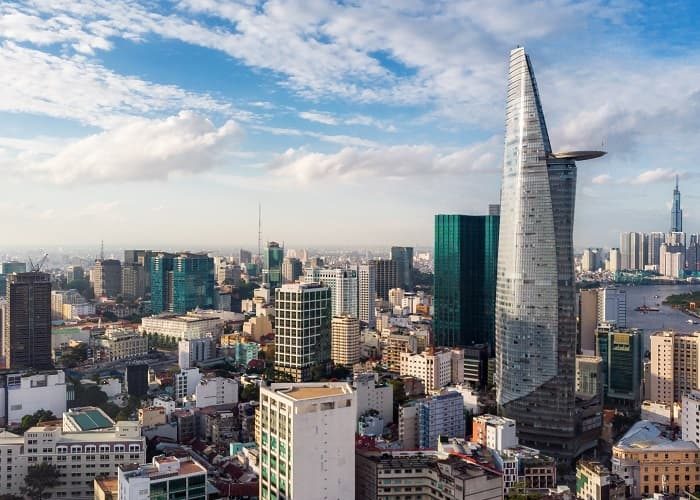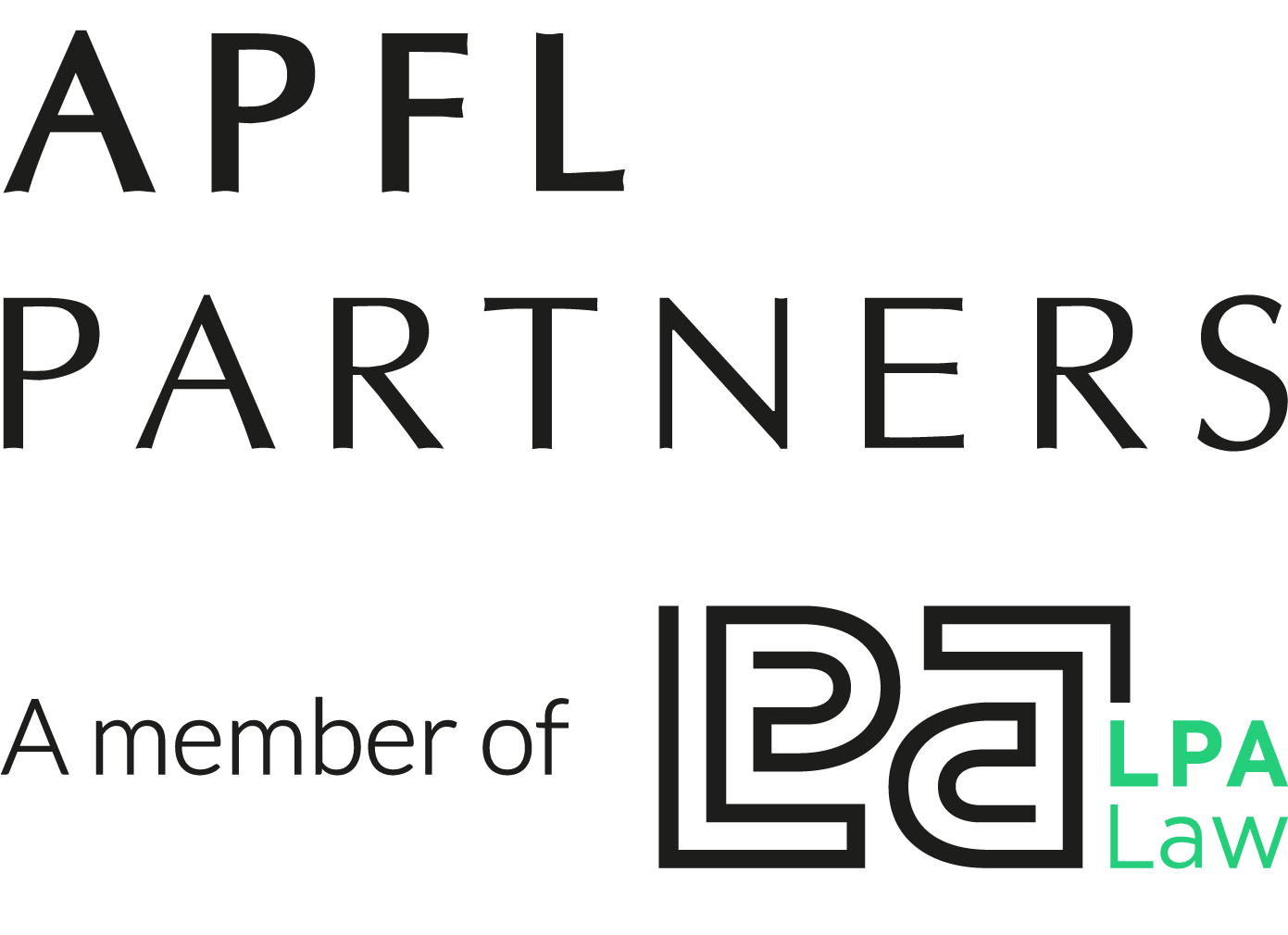APFL Partners, a member of LPA Law, is a premier international law firm based in the vibrant heart of Asia. Founded in 2008, our distinguished practice unites localized legal acumen with a wealth of global experience. Through strategic, tailored, and refined legal services, we support our clients to enter, grow and thrive in new markets.
Formerly Audier & Partners, and now led by a new generation of highly skilled lawyers, we help clients to unlock the potential of Southeast Asia’s rapid growth. With strategically located offices in Hanoi and Ho Chi Minh City, our international team offers customised guidance on international and local legal matters in core practices such as:

With an international approach, we act at the forefront of the fastest growing sectors in Vietnam and Southeast Asia:
APFL Partners has two well-established offices in Vietnam:
HANOI OFFICE
Partners Antoine Logeay leads the Hanoi office. He is supported by Bernadette Fahy, senior legal counsel, of counsel Tran Long and senior associate Tran Thi Kim Luyen, along with a team of associates, trainee lawyers and professional translators.
HO CHI MINH OFFICE
The Ho Chi Minh City office is led by managing partner Arnaud Bourrut-Lacouture and partner Etienne Laumonier. They are supported by senior associates Nguyen Cong To, Pham Viet Anh and Huynh Huong Giang along with a team of associates, trainee lawyers and professional translators.
Our Vietnamese Practice provides high-quality advice to our clients in one of the world’s most dynamic economies. This can be seen in the high levels of Gross Domestic Product (GDP) growth in recent years: 6.21% (2016), 6.81% (2017), 7.08% (2018) and 7.02% (2019) (General Statistics Office: www.gso.gov.vn). During the pandemic, GDP growth was 2.91% (2020) and 2.58% (2021). Vietnam returned to strong GDP growth of 7.09% in 2024.
Our team provides first-rate advice and assistance to clients on international and local legal matters. We have particularly strong expertise in corporate and commercial law, mergers and acquisitions, banking and finance, and dispute resolution.
Our clients are international leaders in a range of sectors including real estate, manufacturing, energy, agribusiness, hospitality, infrastructure, distribution and media.
